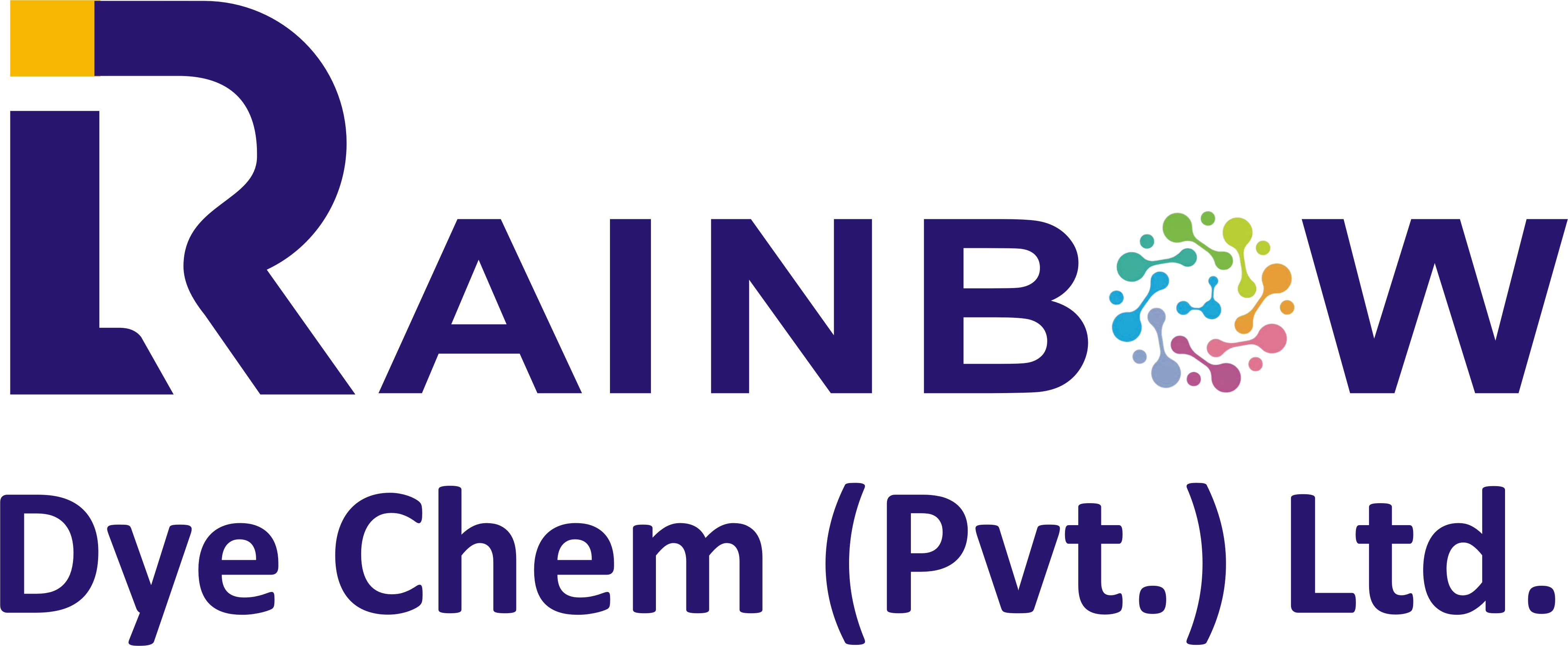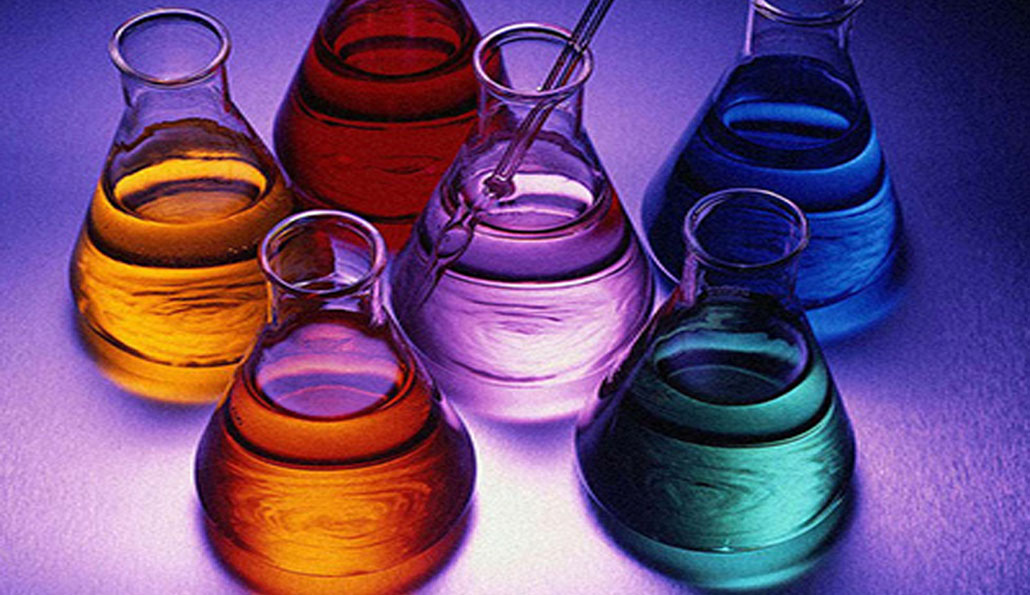
Softeners
Type of padding chemicals which are used to improve the softness, smoothness, and drape of textile. They reduce the friction between fibers, resulting in a softer hand feel. Softeners can be cationic, nonionic, or silicone-based, each offering different properties such as wash durability, hydrophilicity, and antistatic effects.
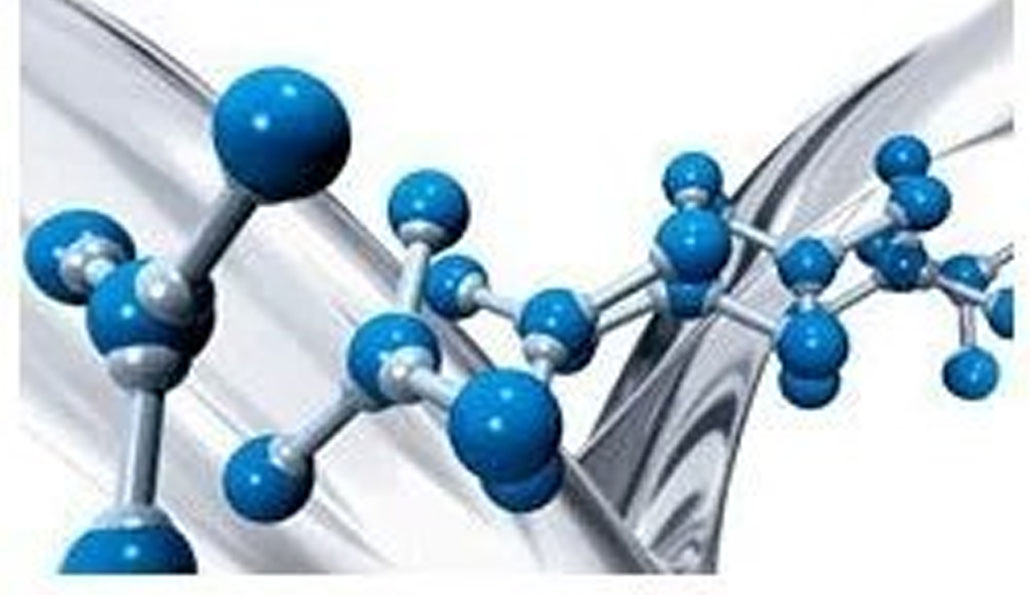
Antimicrobial Agents
Padding chemicals are commonly used in medical, sportswear, and home furnishing applications to prevent odors, stains, and fabric degradation caused by microbial activity. These chemicals prevent the growth of microorganisms like bacteria, fungi, and mold on textiles.
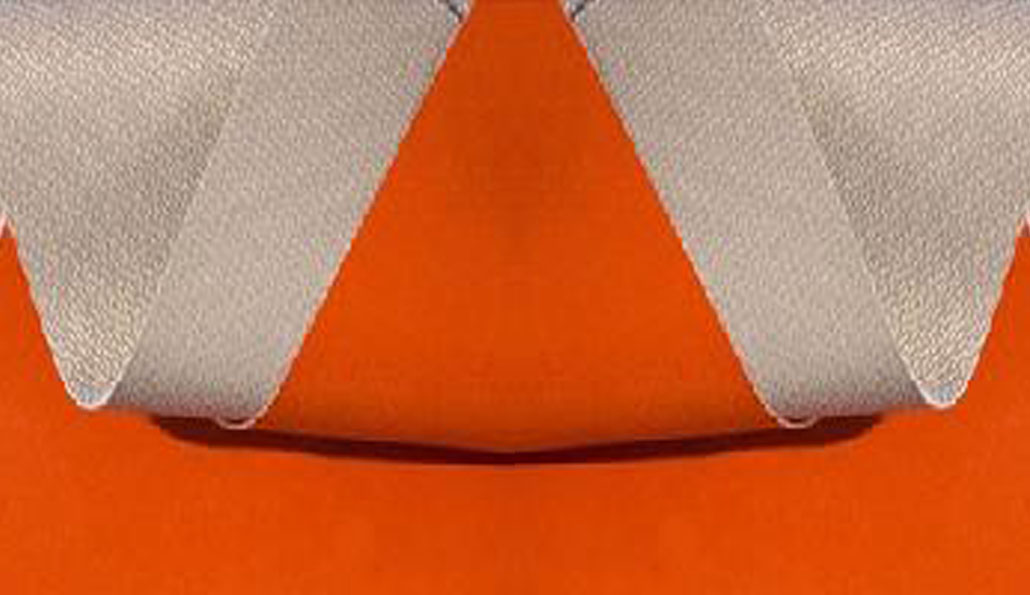
Flame Retardant
Purpose to apply flame retardants to textiles like upholstery, curtains, and protective clothing is to reduce their flammability and prevent the spread of flames. They can be either reactive, forming chemical bonds with fibers, or additive, remaining on the fabric surface
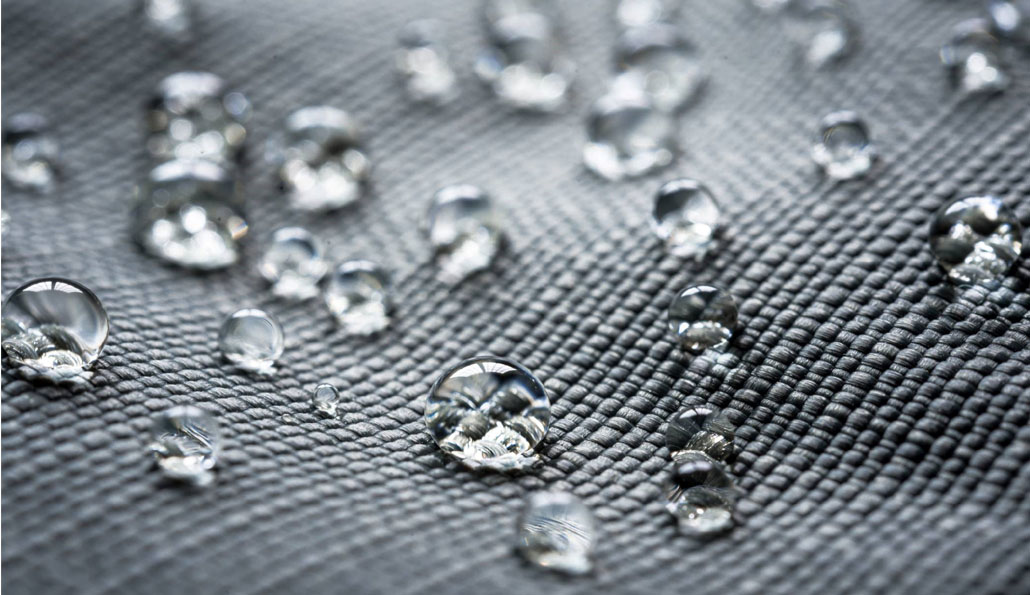
Water Repellents:
Water repellent padding chemicals create a hydrophobic barrier on textile surfaces, preventing water penetration while allowing vapor transmission. They are commonly used in outdoor textiles, workwear, and sportswear to provide protection against rain and moisture without compromising breathability or comfort.

UV Absorbers and UV Inhibitors
These type of padding chemicals protect textiles from the damaging effects of ultraviolet (UV) radiation, including color fading, degradation of fibers, and loss of strength & are commonly applied to textiles used in outdoor applications, such as awnings, umbrellas, and outdoor furniture.

Crosslinkers
Kind of padding chemicals which improve the dimensional stability, crease resistance, and durability of textile products. They are commonly used in finishes like wrinkle-free and shrinkresistant treatments to enhance the performance and appearance of apparel and home textiles.
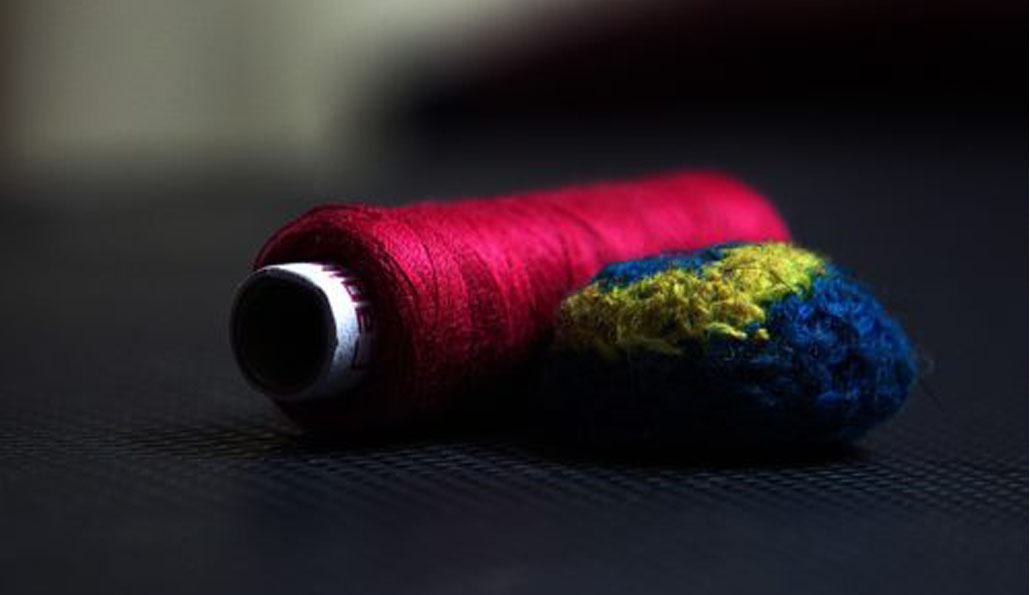
Optical Brighteners
Optical brighteners absorb UV light and emit blue light, making textiles appear brighter and whiter. They are commonly used in textile finishes to enhance the visual brightness and perceived cleanliness of textiles, especially white or light-colored fabrics.
